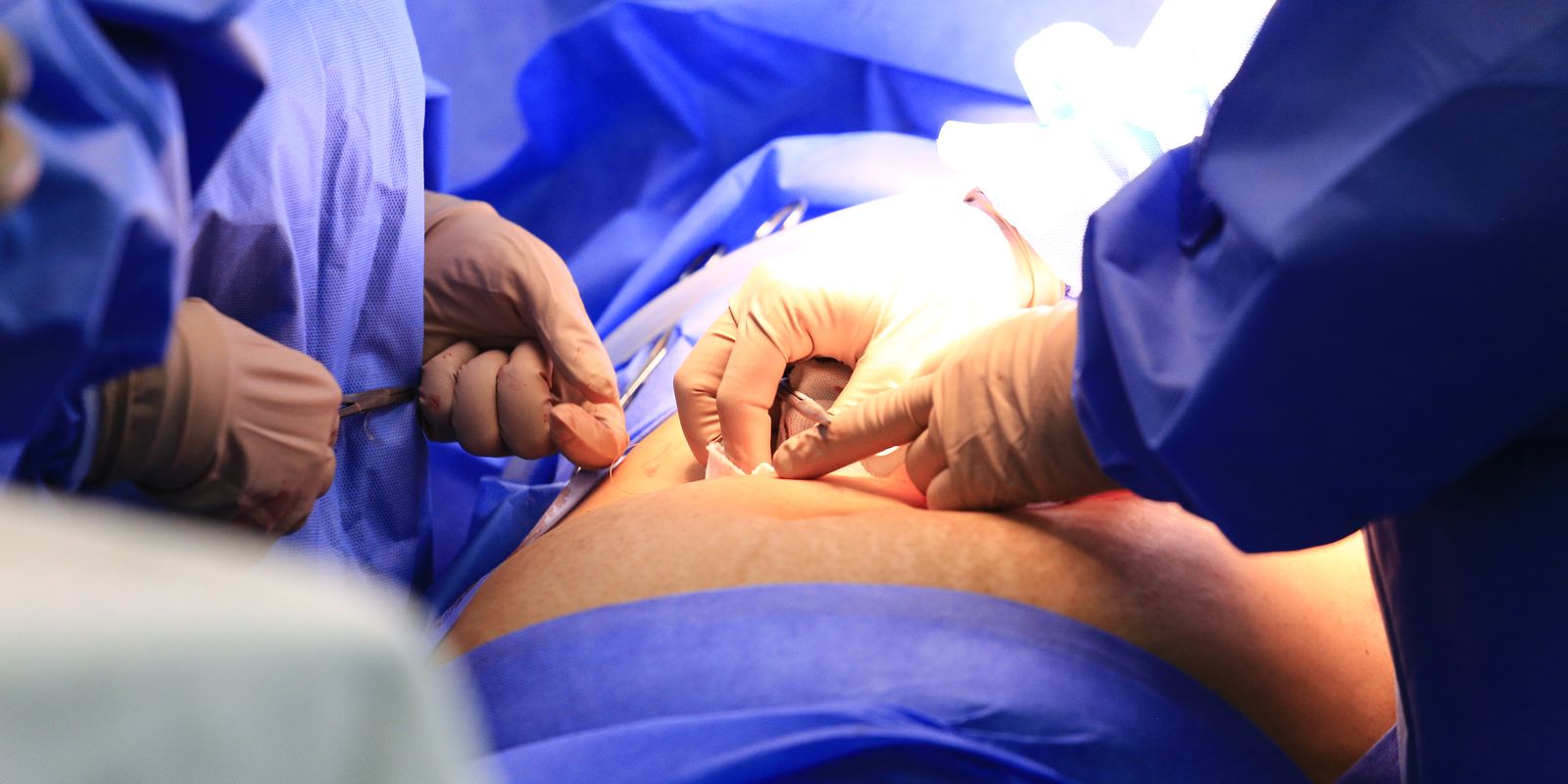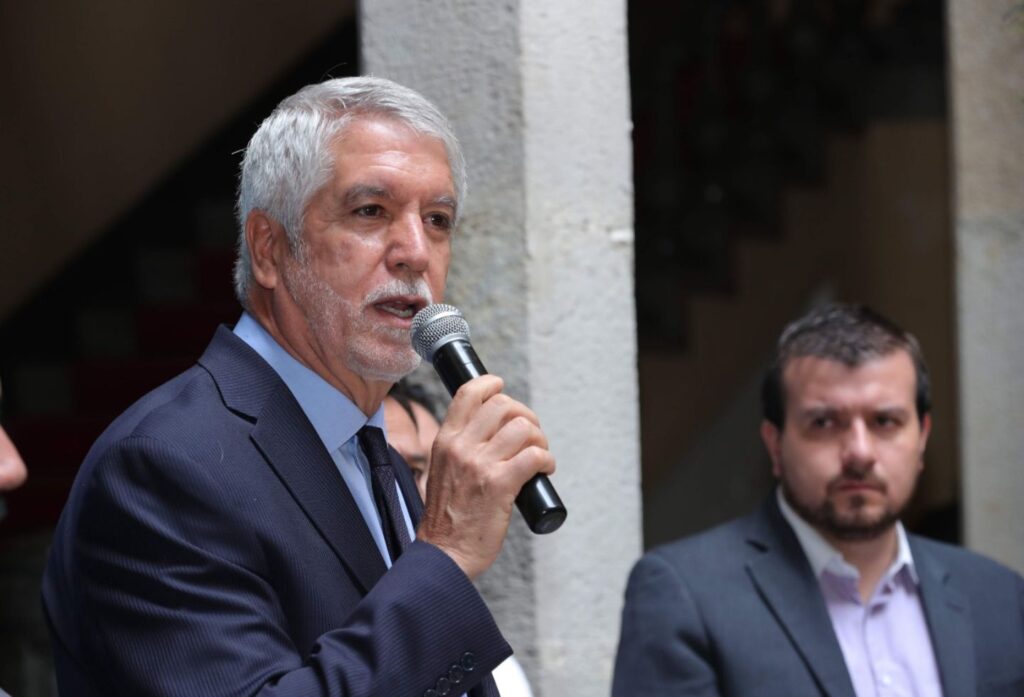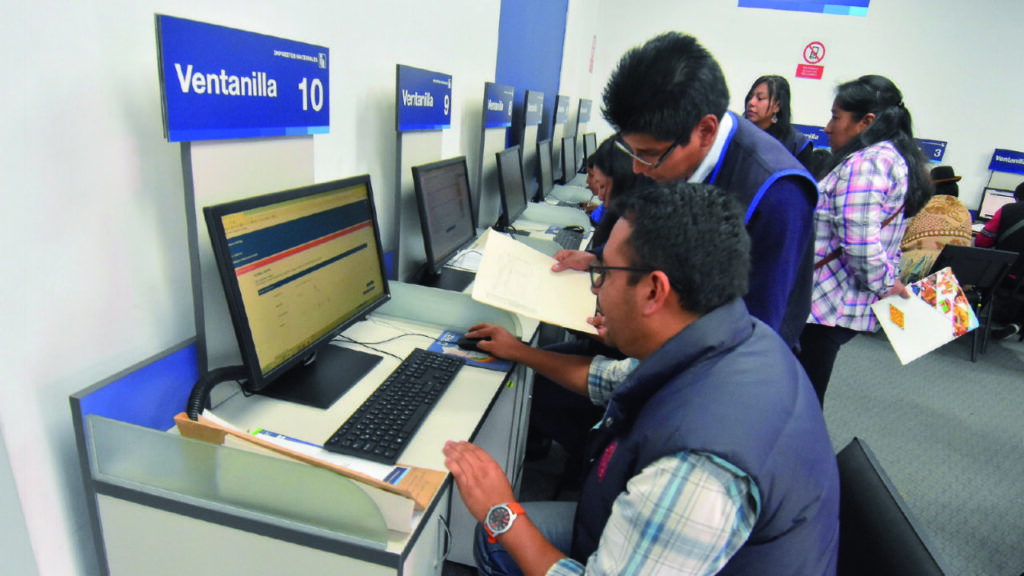The State Department of Health (SES) of Rio de Janeiro will suspend, from Monday (17) elective surgeries for a period of 30 days. The measure, according to the folder, applies to all health units in the state. The suspension is one of the measures to reduce the impact of the removal of health professionals due to respiratory diseases, such as covid-19.
According to the SES, the absences reach at least 20% of the total number of health professionals. In the capital alone, since December, about 5,500 health professionals from the municipal network had to be removed by covid-19 or influenza. SES said it will provide more details of the measure in the coming days.
Elective surgeries are those that can be scheduled, as opposed to emergency procedures. Examples of elective surgeries are those surgeries scheduled for cataracts, hernias and gallbladder. The state has not yet released the list of procedures included in the measure.
The suspension of elective surgeries is a measure that was adopted in several places in the country throughout the pandemic. According to the Federal Council of Medicine (CFM), in 2020, Brazil stopped performing or postponed at least 2.8 million elective surgeries.
Covid-19 cases
according to the last balance of the Ministry of Health, in the last 24 hours, the country recorded 97,900 cases of covid-19 and 174 deaths from the disease. As in the rest of Brazil, the Rio de Janeiro recorded a jump in the number of confirmed cases of covid-19.
Several states began to resume or adopt new restriction measures for agglomerations or to carry out certain activities in the face of the increase in cases of covid-19 driven by the spread of the Ômicron variant.
According to official data, there are 503 cases of people infected by the Ômicron variant, with confirmed incidence in 16 units of the Federation, Rio de Janeiro, with (133) and São Paulo (121). Two deaths were also recorded, one in Alagoas and another in Goiás. There are 796 cases and two deaths from the new variant under investigation.
care
Faced with the increase in cases, the SES has guided people to continue with care to prevent contagion. The population must wear a mask, complete the vaccination schedule against covid-19, respect social distance, avoiding agglomerations, always clean their hands and leave the environment ventilated.
















